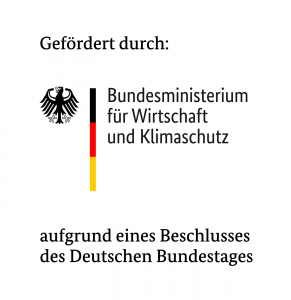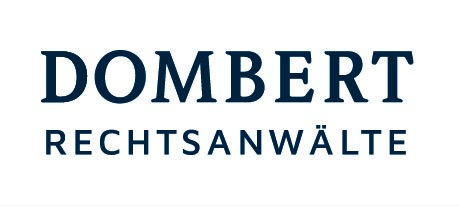Assessment and optimisation of the legal framework for securing and using land for the deployment of onshore wind energy (wind energy law) (Untersuchung und Optimierung des Rechtsrahmens für die Sicherung und Nutzung von Flächen für den Ausbau der Windenergie an Land (Windenergierecht))
Despite its central importance for achieving the national climate protection goals, the development of onshore wind energy has stalled in recent years. The project aims to develop practice-oriented options to simply planning and permitting law in order to accelerate the securing and provision of land on the one hand and the granting of permits for wind energy projects on the other.
Duration: 18. November 2021 bis 17. Mai 2023
Funded by: Federal Ministry of Economic Afairs and Climate Protection (BMWK)

Projektpartner: Stiftung Umweltenergierecht, Bosch & Partner, Dombert Rechtsanwälte, Kanzlei Füßer & Kollegen, Kapellmann und Partner Rechtsanwälte


![]()

Project management

Frank Sailer (Projektleitung)
Tel: +49-931-79 40 77-11
E-Mail

Dr. Nils Wegner
Tel: +49-931-79 40 77-20
E-Mail

Steffen Benz
Tel: +49-931-79 40 77-283
E-Mail
Content
To achieve the national climate protection goals, a rapid and significant uptake of the installed capacity of onshore wind energy is crucial. Contrary to this necessity, the expansion figures have dropped drastically in recent years. There are many reasons for the faltering expansion of wind energy. In addition to a lack of land securement or unexploited land potential, long approval processes, conflicts with species protection laws, air traffic and many other requirements that must currently be met for the construction and operation of wind turbines are also hampering the expansion of onshore wind energy.
Against this background, we aim to further develop the legal framework for the provision and securing of the necessary areas and their possible use for wind energy. The focus of the project is to develop tangible options for simplifying planning and permitting law in order to accelerate the securing and provision of land on the one hand and the granting of permits for wind energy projects on the other, thus strengthening the expansion of wind energy. In doing so, the relevant regulations will be considered both in relation to new installations and with regard to repowering projects. When developing optimisation proposals, special attention will be paid to the species protection aspects in order to contribute to the reduction of species protection barriers.
Projektergebnisse
Maximilian Schmidt,
Überblick BNatSchG-Novelle – Was ist neu? Was bleibt (zunächst), wie es bisher war?
Vortrag, Workshop, Dachverband Deutscher Avifaunisten und Deutscher Rat für Vogelschutz, Münster, 28. Oktober 2022
Frank Sailer, Maximilian Schmidt, Andreas Rietzler,
Mögliche Rechtsfolgen des Ablaufs der Genehmigungsfrist des § 10 Abs. 6a BImSchG
Kurzgutachten, Kapellmann Rechtsanwälte und Stiftung Umweltenergierecht, 22. September 2022
Maximilian Schmidt,
Reformansätze zum Genehmigungsrecht von Windenergieanlagen
Vortrag, Branchentag Rhein/Main/Saar, Bundesverband Windenergie, 31. August 2022
Maximilian Schmidt,
Viertes Gesetz zur Änderung des BNatSchG
Vortrag, Internes Webinar BayWA r.e., 17. August 2022